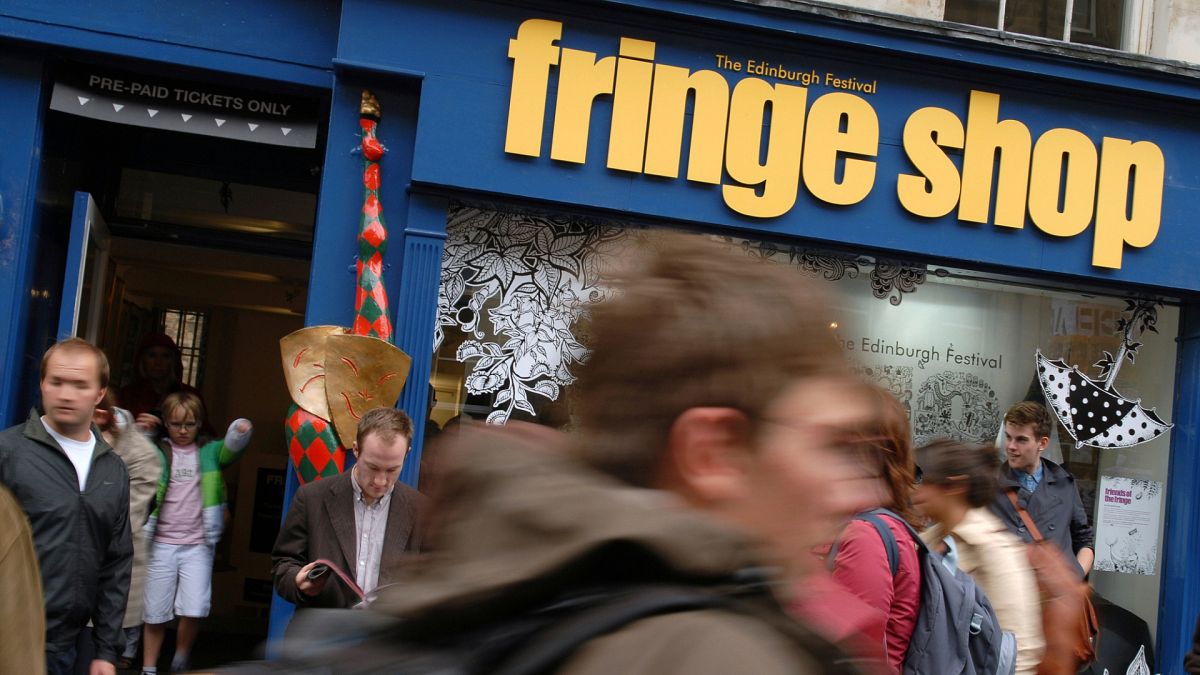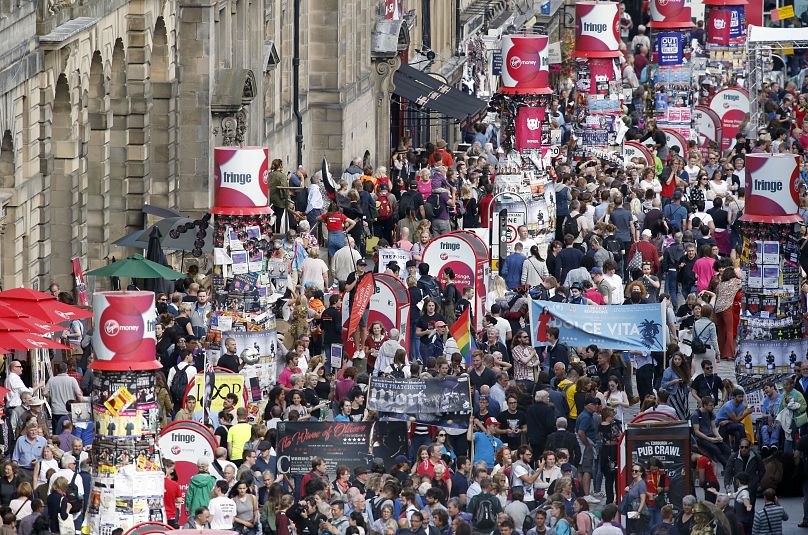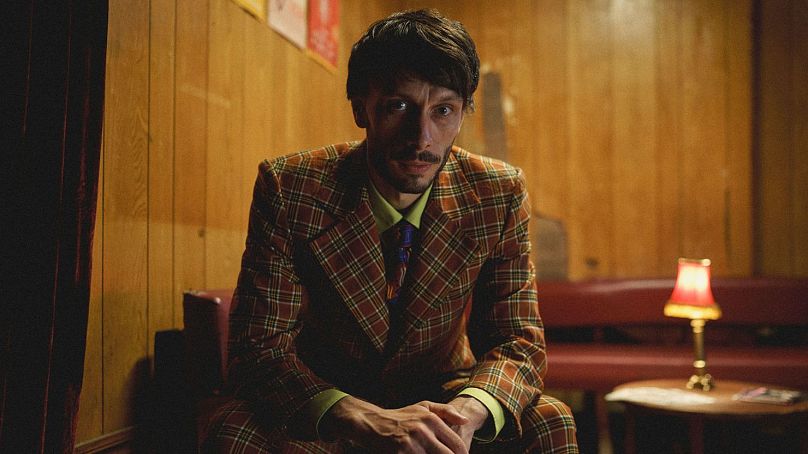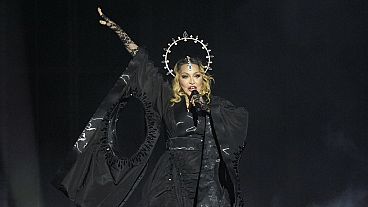Creative Scotland has accused the organisation behind the Edinburgh Fringe of improperly running the festival in defence of them pulling funding ahead of its 2024 run.
Creative Scotland, the government development organisation that funds arts in Scotland, has defended its decision to not include the Fringe in its funding programme, citing its own financial woes and the “particularly precarious” state of the festival’s organisation.
The Edinburgh Fringe is the largest performing arts festival in the world, taking over the Scottish capital for the entire month of August and filling venues with theatre, comedy, and dance shows among many more. The Fringe is believed to add over £200 million (€233 million) to the economy every year.
In the latest round of decision making for the funding that Creative Scotland will allocate, the Edinburgh Fringe didn’t make it past the first round of decision making. This has been taken as a big blow to the arts festival, which has benefited from over £3 million (€3.5 million) in funding over the past six years.
Creative Scotland has been concerned about the proper running of the festival for over a year and warned the Scottish parliament that it was under “serious risk of insolvency in the short term” last September.
Iain Munro, CEO of Creative Scotland wrote in a letter, seen by The Scotsman, that there needs to be a “shared understanding of why the Fringe Society has become less secure in recent years and establish what is needed longer term for it to sustainably move forward.”
The insecurity Munro refers to is the “‘perfect storm’ of rising costs, standstill funding, pay demands and the cost of living crisis on arts organisations,” reports the Scotsman.
Fringe Society CEO Shona McCarthy – who has demanded a review of Creative Scotland’s funding model – has spoken about the festival’s financial difficulties, including a deficit of £1.5 million (€1.75 million) and an outstanding loan of £1 million (€1.17 million) to the Scottish government for pandemic relief.
During the pandemic, the Fringe was cancelled in 2020 and run at a reduced level for 2021 before making a full return in 2022.
McCarthy has warned of the Fringe being allowed to “fall through the cracks” of Scottish funding. However, Munro’s letter points to the funding available to the Fringe that other Scottish culture events don’t have access to – noting that the Scottish Government’s Festivals Expo Fund, and commercial and philanthropic funders from outside of Scotland.
News of the funding behind the festival being beleaguered will do little to assuage concerns from creatives themselves hoping to get a shot at the big time.
Historically, the Edinburgh Fringe has been a bouncing off point for writers, comedians and actors. Success stories include English playwright Tom Stoppard who premiered his play "Rosencrantz and Guildenstern are Dead" in 1966 to Phoebe Waller-Bridge whose game changing TV series Fleabag was lifted from her 2013 one-woman show.
More recently, the Netflix show Baby Reindeer which is currently the top series in the UK and the US, is an adaptation of Richard Gadd’s one-man show that premiered at the Fringe in 2019.
For decades, ambitious performers saw the Fringe as a haven of opportunity. Where, with little more than a bit of talent and some moxie, you could whip up a show and kick-start a career under the big lights.
This dream has taken a battering with rising venue costs and skyrocketing accommodation precluding most acts without some form of financial support from braving the month in Scotland’s capital.
Since the 90s, the Fringe has moved towards larger commercial venues run by four main companies: Assembly Hall, Gilded Balloon, Pleasance, and Underbelly. While these companies have brought in the much needed funding that McCarthy referred to, it has also been accused of pushing out local Scottish talent and landing the financial woes onto performers and audiences alike.





